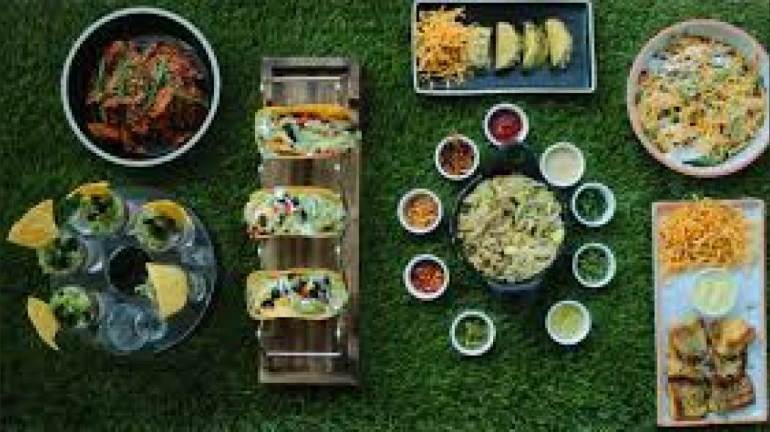
While the monsoon brings relief from the scorching summer heat, it also triggers a sharp rise in waterborne diseases, gut infections, and food poisoning cases. Dr. Mrinali Dwivedi, Chief dietician and Head of Nutrition therapy department Apex Group of Hospitals, Borivali, is urging the public to take preventive steps by adopting safe and smart eating habits this rainy season.
A crucial but often overlooked rule during the monsoon is to never eat when you're not genuinely hungry. Your body’s digestive fire—what we call ‘agni’ in traditional terms—is weaker in this season. Eating when you’re not hungry puts extra load on the stomach, leading to indigestion, bloating, and in some cases, infections.
“You might crave street food and fried snacks when it rains, but that momentary indulgence can quickly lead to gut-related infections. The monsoon season creates the perfect breeding ground for countless bacteria and viruses, increasing the risk of gastrointestinal issues such as stomach cramps, nausea, vomiting, diarrhea, constipation, and loose stools. To stay safe and healthy during the rainy months, it’s essential to be mindful of your diet and make clean, digestion-friendly choices.Monsoon weather creates ideal conditions for microbial growth. The air and water become loaded with bacteria, and our digestion tends to slow down. This puts people—especially those with pre-existing conditions—at greater risk,” advised Dr. Mrinali Dwivedi, Chief dietician and Head of Nutrition therapy department Apex Group of Hospitals.
She stresses that prevention begins on the plate. Here’s what she advises to strictly avoid during the monsoon:
· Street Food: “No matter how tempting, it’s a major health hazard in monsoon,” warns Dr. Dwivedi. “Open-air cooking, stale ingredients, and contaminated water are a dangerous mix.”
· Raw Vegetables and Salads: Often washed in unsafe water, raw veggies can carry bacteria and parasites. “If you can’t verify hygiene, don’t eat them raw. Lightly steaming retains nutrients and improves safety.”
· Seafood: Monsoon is the peak breeding season for fish, and water contamination is common. “Seafood spoils faster and may carry infections. Better to avoid it completely or switch to safer protein sources,” she adds.
· Leafy Greens: Greens like spinach and cabbage have crevices that trap dirt and worms. “Clean thoroughly or replace with gourds, beans, or other seasonal vegetables.”
· Cold, Fizzy, and Packaged Drinks: These not only affect digestion but are often high in sugar and preservatives. “Hydrate with warm, boiled water, and homemade soups or decoctions.”
What to Eat Instead?
Dr. Mrinali Dwivedi recommends a monsoon-friendly diet of warm, home-cooked meals that are easy to digest. Add immune-boosting ingredients like turmeric, ginger, garlic, and pepper. Include fruits rich in Vitamin C—like amla, oranges, guava, and kiwi—to strengthen the immune system.
Her final message is simple but powerful:
“Eat fresh. Eat seasonal. Be cautious about where your food comes from. With the right diet, we can stay one step ahead of monsoon-related illnesses.”





